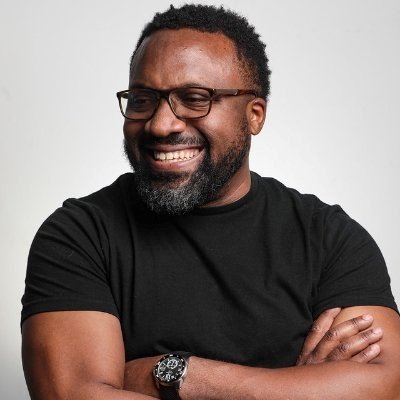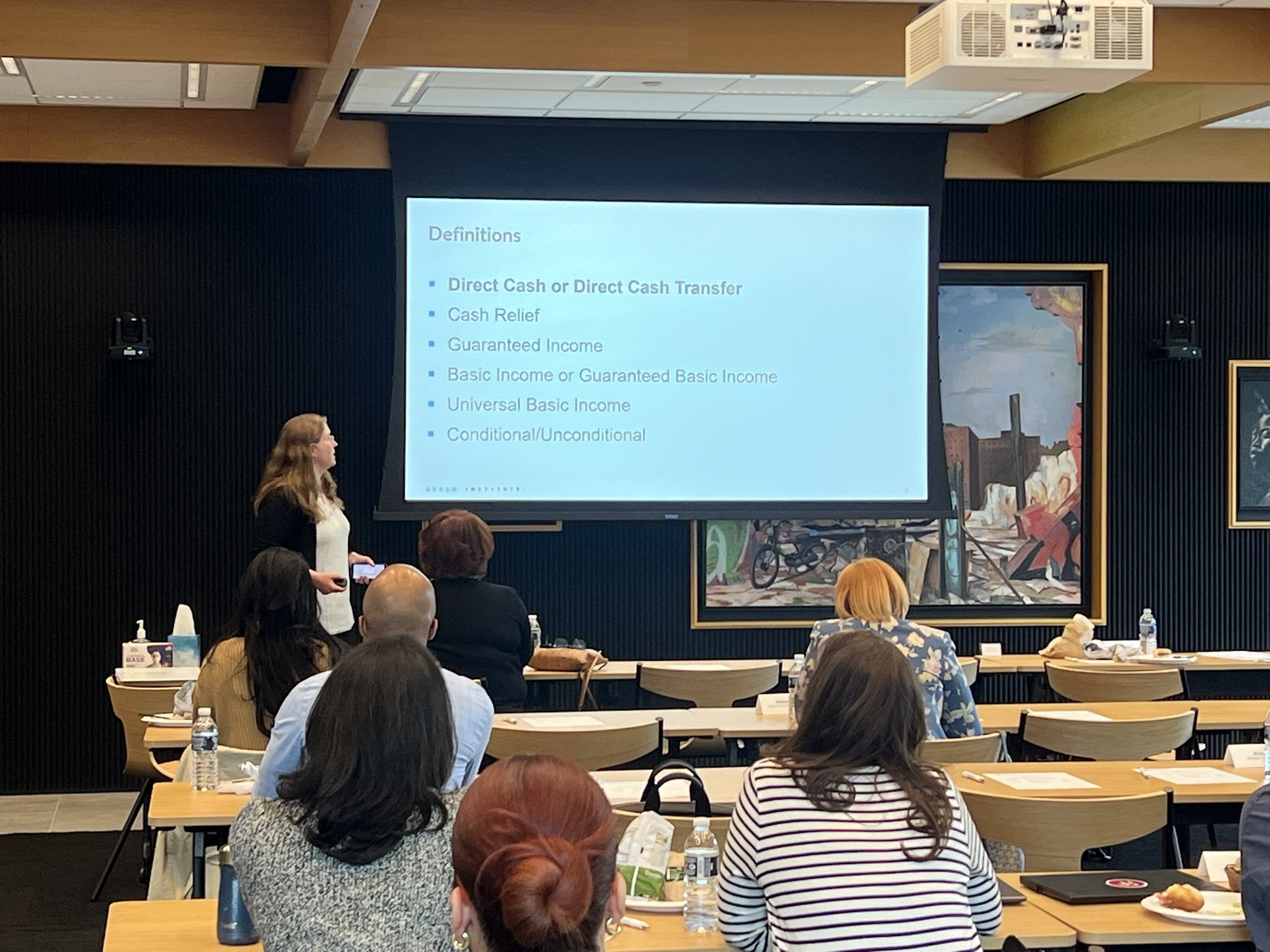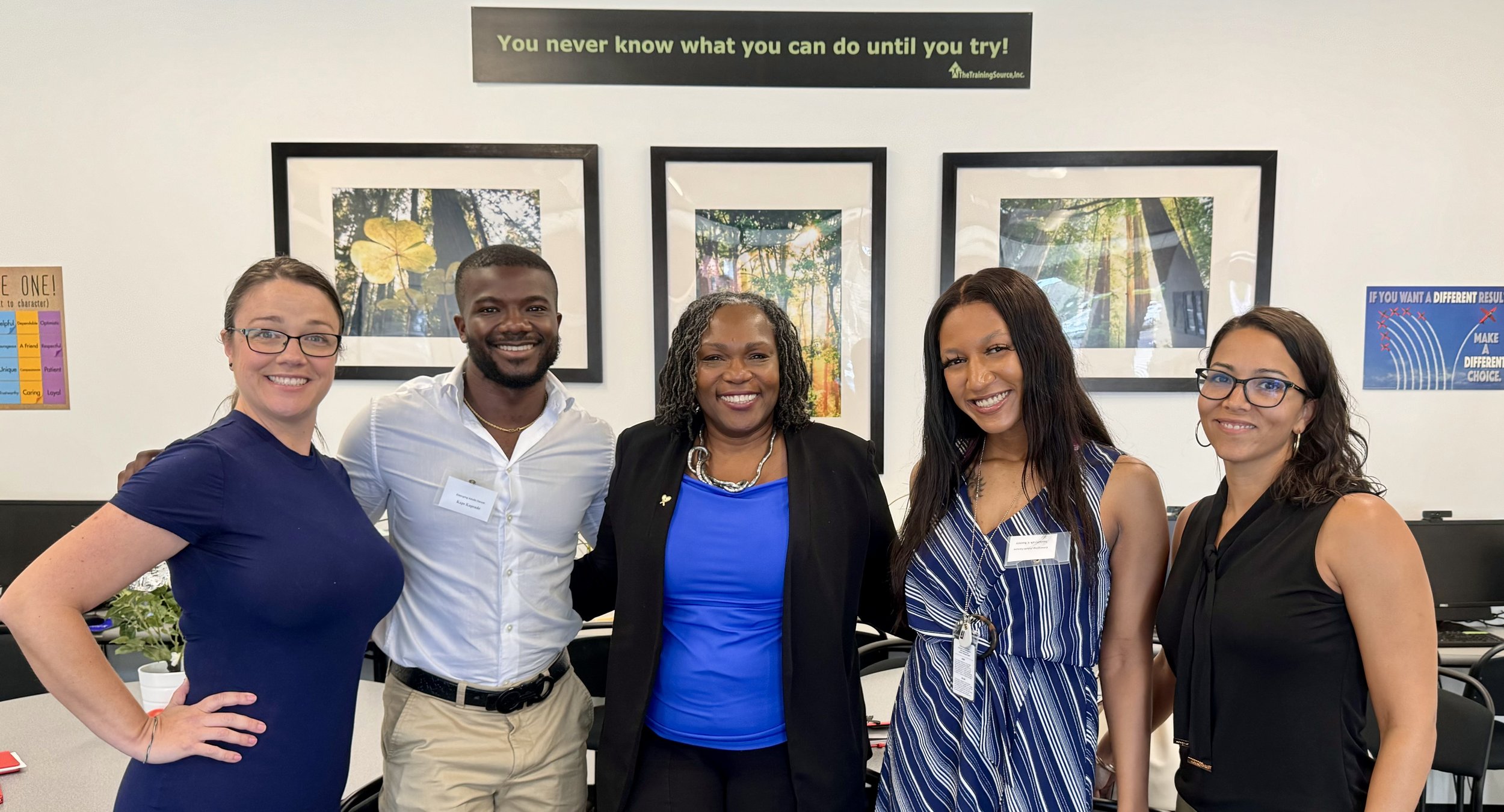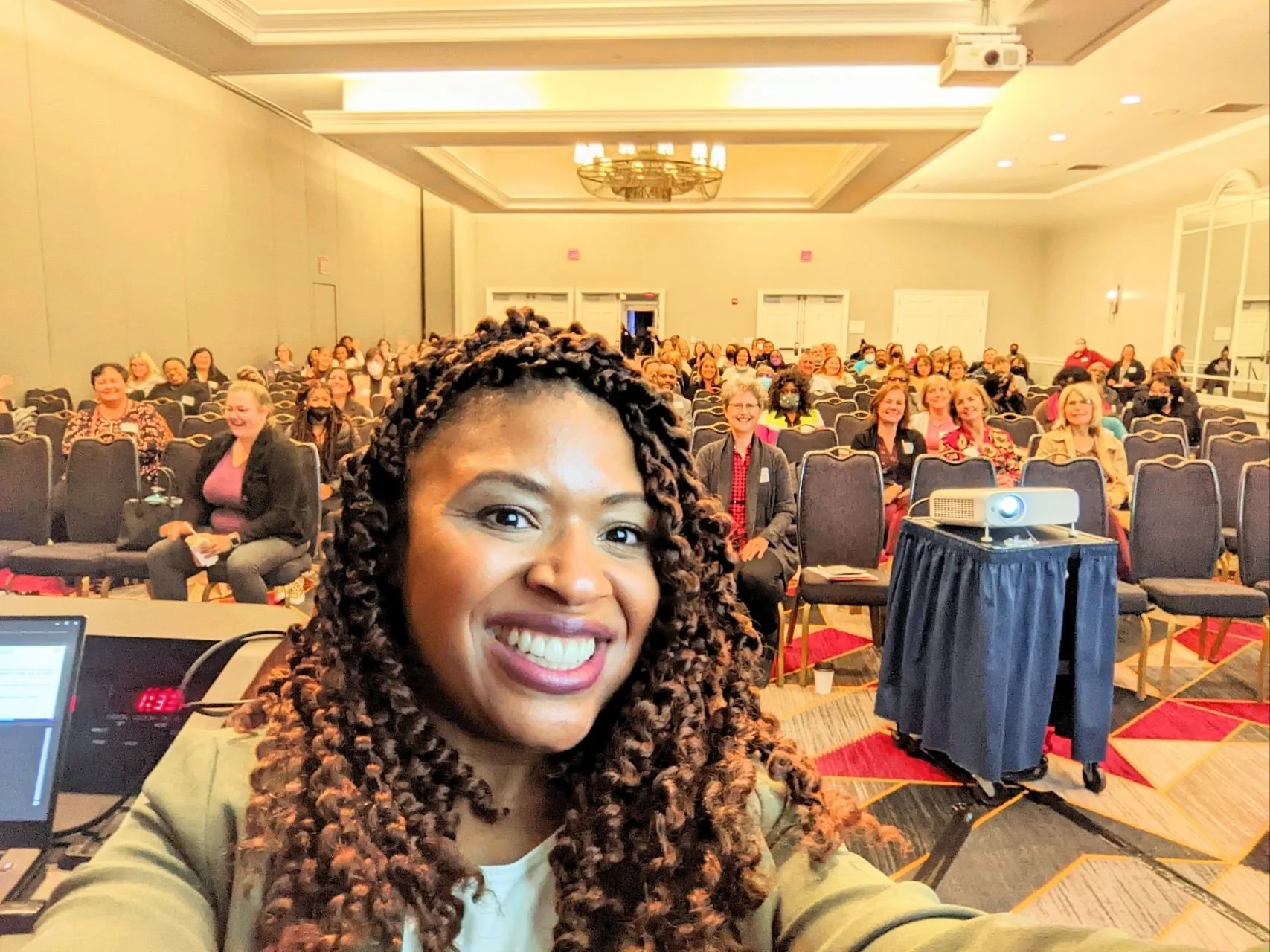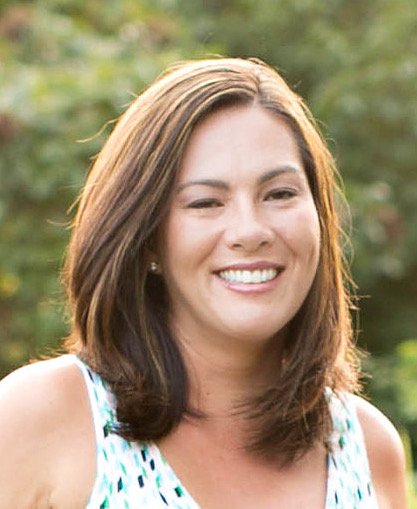For Sharing Prince George’s committee member Thea Wilson, investing in Prince George’s County is more than a philanthropic objective- it’s part of her life’s work.
“Prince George’s County has been a part of my life since 1986,” Thea recalled. “It’s where I raised my kids; it’s where I work; it’s where I worship. I love being able to give back to the Prince George’s County community.”
From Home School Parent to Public School Advocate
Thea’s passion for her community began as a mother advocating for her youngest daughter. "After home-schooling her, by the time she was in 6th grade, she wanted to go to school outside of the home," Thea recalled. Recognizing her daughter's gift for STEM, particularly mathematics, Thea began searching for the right educational environment.
The search led her to CMIT, a new charter school within PGCPS at the time. "They were instrumental in helping my daughter graduate at the top of her class," Thea proudly shared. Her daughter went on to attend George Mason University and is currently thriving as a cybersecurity expert.
However, her daughter’s journey also helped Thea realize there was more to be done – especially to help support students within public schools in Prince George’s County. "PGCPS educates over 126,000 students – more than 60 percent of them are eligible for Free or Reduced Meals,” Thea recalled.
“Many of my daughter's classmates didn't have the same things that she had," she added. "I understood the importance of education in the life of a child who is marginalized not only in their background but in their needs.”
Armed with a Master's in Non-Profit Organizational Management from Johns Hopkins University and valuable sales experience, Thea began to seek out ways to get more involved. She began working with the Prince George’s County Board of Education, diving into policy and educational work and witnessing firsthand the issues facing the school system, families, students, and staff.
Leading the Push for Educational Excellence in Prince George’s County
Eventually, Thea’s skills as a fundraiser and organizer brought her to The Excellence in Education Foundation for PGCPS – a nonprofit dedicated to enhancing learning opportunities to augment the quality of services provided to students in Prince George’s County Public Schools. It’s also where she first got involved with The Community Foundation and – eventually – Sharing Prince George’s.
“We are a small but mighty foundation with a big mission,” Thea explained. “We are educating the future workforce in this region.”
"We are always looking for ways to collaborate – especially with organizations that have guidelines to follow or resources that we can leverage."
The Greater Washington Community Foundation became a critical partner for The Excellence in Education Foundation, providing administrative support for scholarships and other events through the organization’s field of interest fund – and later – a nonprofit endowment.
In 2024, the organization recognized The Community Foundation at their PGCPS 2024 Hall of Fame Event.
“The Community Foundation has been a tremendous resource for our organization,” Thea recalls. “I would often call the Prince George’s County office director for help and advice on some of the initiatives and fundraiser programs that we're implementing." This relationship eventually led to an invitation for Thea to participate in Sharing Prince George's.
Broadening Horizons with Sharing Prince George’s
When Thea first heard about Sharing Prince George's, she didn't know exactly what to expect. Upon learning that the initiative awarded mini-grants, Thea was intrigued, particularly by the opportunity to experience grantmaking from the funder's perspective. "My initial reaction was to understand the other side of the ask—what are funders looking for when they choose to award grants."
What makes Sharing Prince George's unique, Thea discovered, is how it relaxes many requirements that other funding organizations typically demand. This approach opens doors for grassroots organizations that might otherwise struggle to access philanthropic support.
“I learned so much about the things going on in my community,” Thea shared. “From programs supporting formerly incarcerated individuals to organizations providing tutoring and entrepreneurship support.”
“I’ve been constantly amazed at how much passion there is in Prince George’s County – that there are so many people giving their time, talent, and resources to address pressing social issues across our community.”
What particularly draws Thea to Sharing Prince George's is its comprehensive approach to community needs, addressing education, economic opportunity, social justice, environmental concerns, and more. "The Community Foundation fosters an environment where everyone has a chance to thrive," she noted.
This holistic vision has inspired her to leverage her nonprofit network to facilitate connections and collaborations between Sharing nonprofit partners and potential partners within the education space. She’s also been able to connect Sharing partners with members of the community who can benefit from the critical services they provide.
“We can’t do this work in siloes,” Thea explained. “We can have a lot more impact when we reach out and facilitate connections.”
Sharing Prince George’s – A Springboard to a Higher Purpose
Thea’s experience on Sharing has helped her realize that everyone has something they can bring to a table like Sharing – whether it’s professional skills or financial resources. It’s part of what has compelled her to make time for Sharing Committee meetings and virtual site visits --despite her demanding schedule, as a Nonprofit Executive and as an ordained minister and director of civic engagement at First Baptist Church of Glen Arden International.
“I’m so busy,” Thea added. “But when I see those calendar invites to join, I get on – because I love how Sharing Prince George’s helps me become part of something bigger than myself.”
Thea particularly values the collaborative aspect of community grantmaking. "Our committee is made up of people from all different walks of life," she observed. “Despite our diverse backgrounds, we all share similar values -we all share a vision of creating a brighter, more inclusive future for everyone who calls Prince George’s County home.”
“I believe that 85% of humans in this world just want to help people,” Thea added. “But they may not know or realize how.”
“Sharing provides a great springboard for those people to learn from others and fulfill that life purpose by donating just a small percentage of their time, talent, and treasure to their community.”
Want to get involved? The Sharing Prince George’s Fund Committee welcomes new members! Contact Eliza Tolbert-Howard ([email protected]) to find out more about how you can be a part of this impactful fund!










































